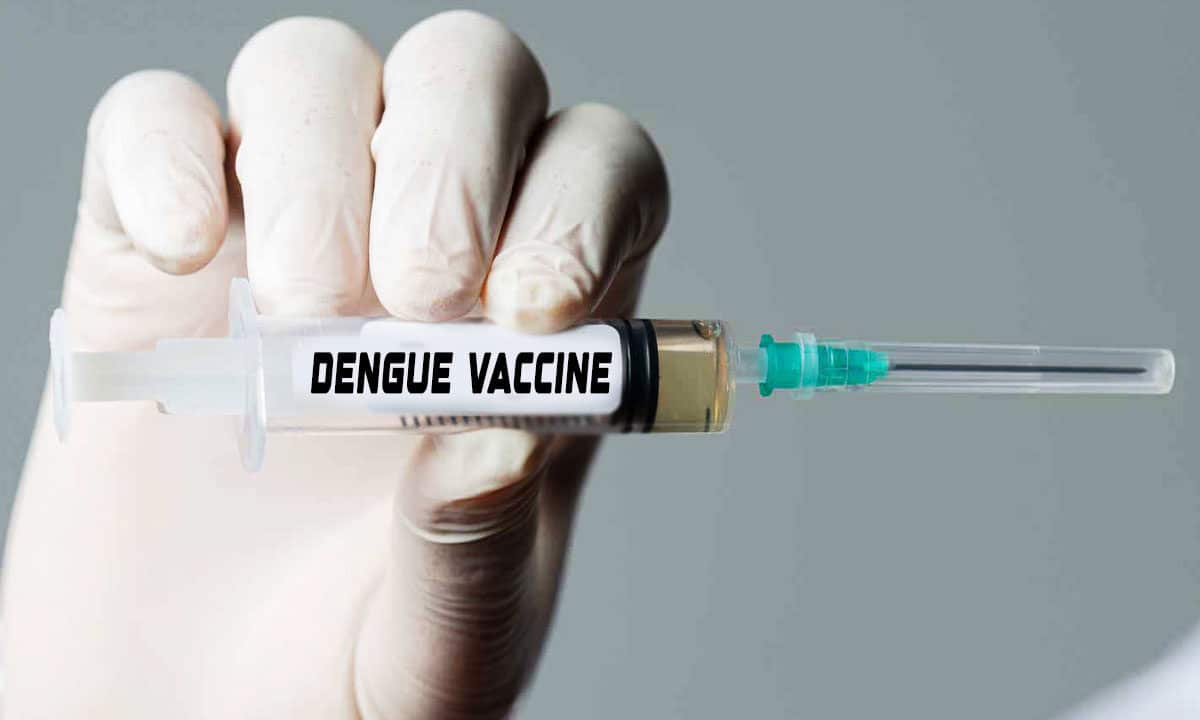Qdenga, India’s First Dengue Vaccine, set for 2026 Launch: All You Need to Know
This move aligns with the Indian government's ‘Make-in-India’ initiative and will be executed through a partnership with Hyderabad-based Biological E (Bio E).

In a major development for dengue prevention, Japanese pharmaceutical company Takeda is preparing to introduce its dengue vaccine, Qdenga (TAK-003), in India by 2026. This move aligns with the Indian government’s ‘Make-in-India’ initiative and will be executed through a partnership with Hyderabad-based Biological E (Bio E).
Table of Contents
Countries Where TAK-003 is Already Approved
Qdenga has already secured approvals in Indonesia, Thailand, Argentina, Brazil, and several European Union (EU) countries. It also received World Health Organization (WHO) prequalification in May 2024. Since its global launch in 2023, over 10 million doses have been distributed worldwide.
Although the vaccine has not yet been approved in India, Takeda recently received permission from the Central Drugs Standard Control Organisation (CDSCO) to conduct local trials.
How Qdenga Works Against All Four Dengue Strains
TAK-003 is a tetravalent live-attenuated vaccine, designed to offer protection against all four dengue virus serotypes — DENV-1, DENV-2, DENV-3, and DENV-4. It contains weakened viruses that stimulate the immune system without causing the disease, providing strong and long-lasting protection.
Unlike Sanofi’s Dengvaxia, which is recommended only for those with prior dengue exposure, Qdenga is approved for use irrespective of prior infection history, making it suitable for broader populations in dengue-endemic regions.
Who Can Receive the Qdenga Vaccine?
According to WHO guidelines:
- Recommended for children aged 6 to 16 years in areas with high dengue transmission.
- May also be considered for adults up to 60 years with comorbidities living in endemic regions.
- Not recommended for children under 6 years due to lower observed efficacy.
Who Should Not Receive the Vaccine?
WHO advises that Qdenga should not be given to:
- Pregnant or breastfeeding women
- Individuals with immune deficiencies or undergoing immunosuppressive therapy
- People with symptomatic or certain asymptomatic HIV infections
Dosage and Duration of Protection
The vaccine is administered in two doses, spaced three months apart. Current studies show protection lasting up to 4.5 years, and no booster doses are recommended at this time.
The vaccine is injected into the deltoid muscle of the upper arm and should not be administered intravenously or intradermally.
Clinical Trial Results: How Effective Is Qdenga?
A February 2024 study published in The Lancet Global Health reported:
- 64.2% efficacy in individuals with prior dengue exposure
- 53.5% efficacy in those without prior exposure
- 84.1% efficacy in preventing hospitalized dengue cases
The vaccine has shown a consistent safety profile across all age groups and baseline health conditions.
Manufacturing, Pricing, and Availability in India
Takeda has partnered with Biological E to manufacture up to 50 million doses annually in India. Bio E will produce both single-dose and multi-dose vials, with multi-dose vials being particularly useful for public health programmes.
Takeda plans to adopt a dual pricing strategy for public and private sectors in India. Although specific prices have not been disclosed, internationally the vaccine costs between $40 and $115 per dose.
Will Qdenga Be Part of India’s National Immunisation Program?
Initial discussions with Indian health authorities suggest Qdenga may be introduced for children through public programmes following WHO guidelines, while in the private sector, the vaccine may be made available to both children and adults.
Takeda expects the vaccine to be licensed in India by 2026, subject to successful clinical trials and regulatory approval.
Dengue Vaccine: Not a Standalone Solution
While Qdenga is a significant breakthrough, WHO emphasizes that vaccination must be part of a broader integrated strategy that includes:
- Vector control (eliminating mosquito breeding sites)
- Effective case management
- Community awareness and education
Why the Dengue Vaccine Is Urgently Needed in India
With India reporting over 230,000 dengue cases and 236 related deaths in 2024 alone (as per the National Center for Vector Borne Diseases Control), the upcoming launch of Qdenga offers hope to significantly curb the dengue burden in the country.

